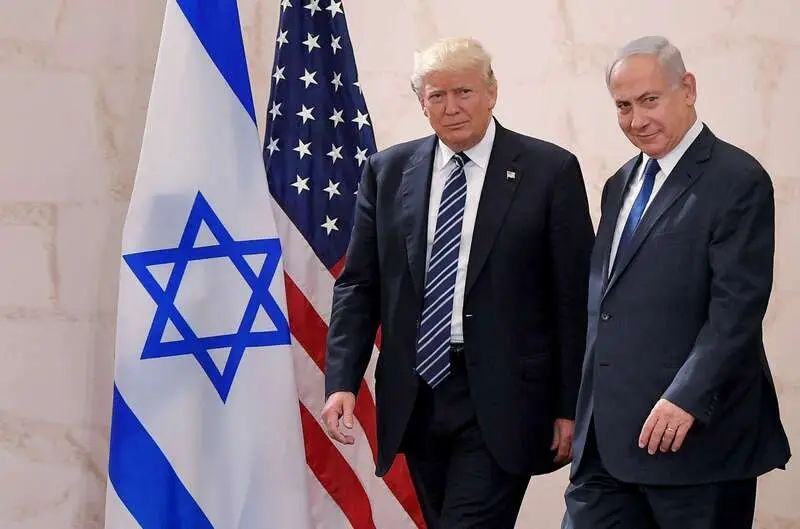Israel reportedly favors upgrading its free trade deal with the US, the country’s economic minister said on Monday to the press. Israel is one of the few countries not heavily hit by Trump’s US tariff policy earlier this month, and the nation is looking to ensure that stays the same or even delete the 17% tariff altogether.
JUST IN: 🇮🇱🇺🇸 Israel offers to negotiate new free trade deal with the US to avoid tariffs.
— Watcher.Guru (@WatcherGuru) April 28, 2025
An upgraded trade pact would ease restrictions on data sharing that would enable significant collaboration, Economy Minister Nir Barkat told reporters at a conference in Jerusalem. The economic minister says Israel had already agreed to several requests, which included lifting tariffs on U.S. agricultural goods. Additionally, before Trump’s sweeping tariffs took place, Israel said it would lift all remaining import duties on U.S. goods. Prime Minister Benjamin Netanyahu also met with Donald Trump in Washington shortly after tariffs went live.
In 1985, the US and Israel entered their initial free trade deal. The original deal ensured most U.S. goods were exempt from Israeli tariffs. A new trade deal would likely include some added benefits to ensure that Israel avoids any new tariff threats. Israel told the US that it will ease import standards for US goods, Barkat added, in line with a similar concession made to the European Union last year. That reform became known as ‘What’s Good for Europe is Good for Israel’.
Also Read: Russia-China Alliance and North Korea’s Military Moves Spark WW3 Fears—Market Chaos Looms
Tariff negotiations are being led on the Israeli side by a team in Prime Minister Benjamin Netanyahu’s office. “Both sides are very collaborative, both the Americans and we believe we can get to terms,” Israel’s economic minister said. “They have requested a few things, and we believe we can agree to those terms for the benefit of the two countries.”
Trump nor US officials have responded yet to Israel’s proposal. There is currently a 90-day pause with a baseline 10% tariff on all imports to allow for trade negotiations.






